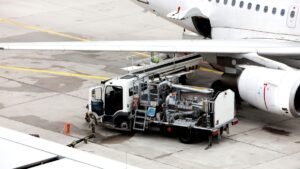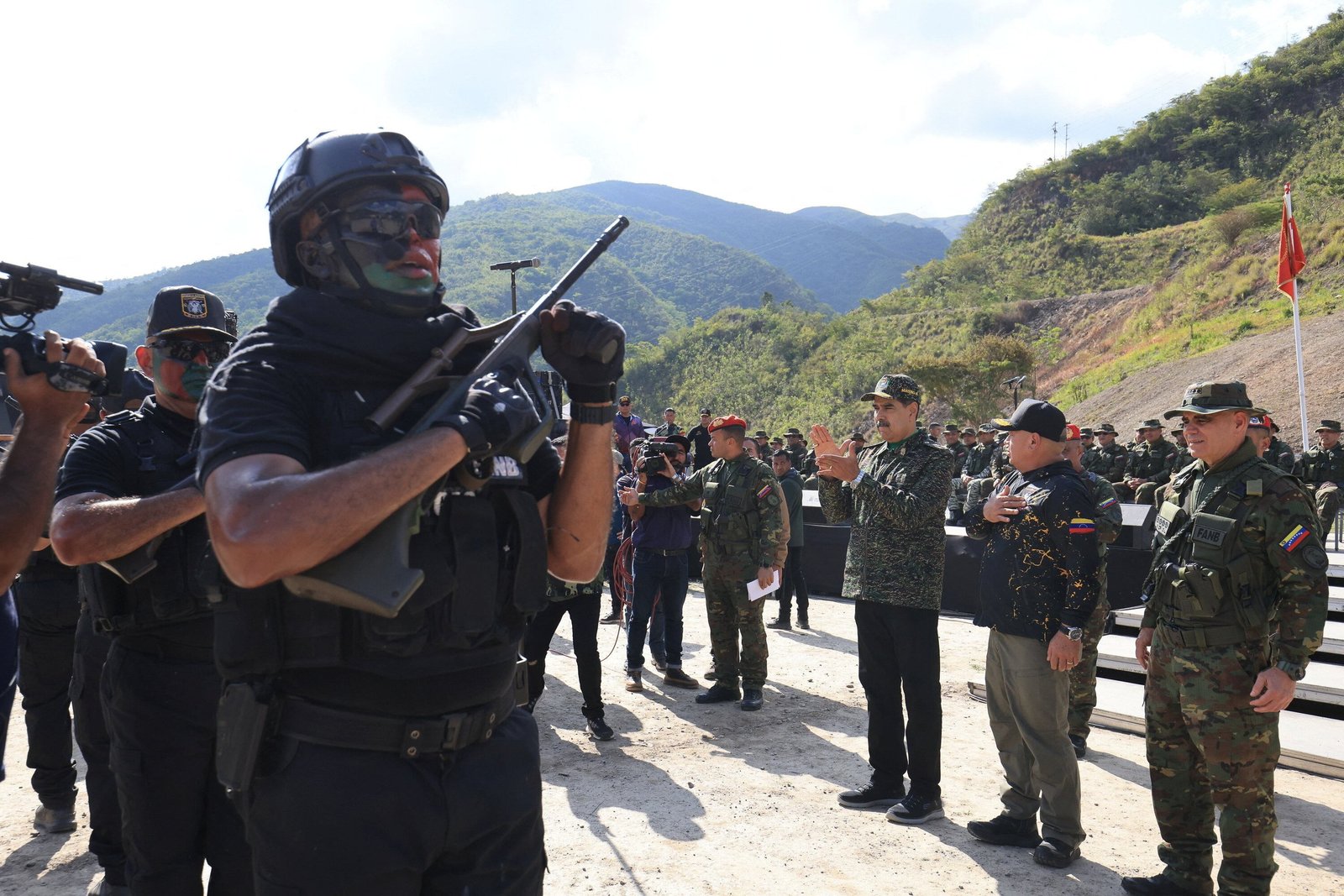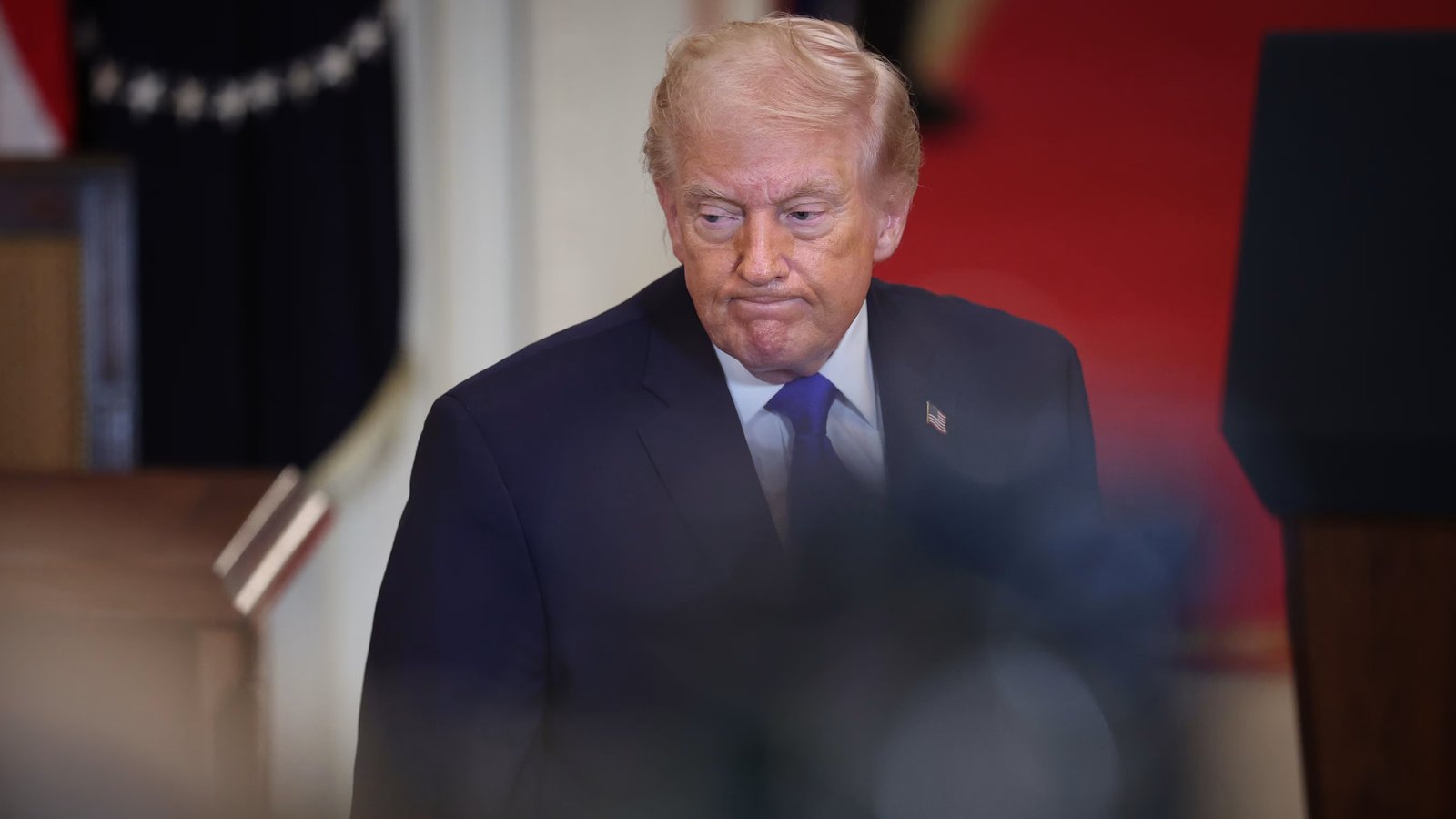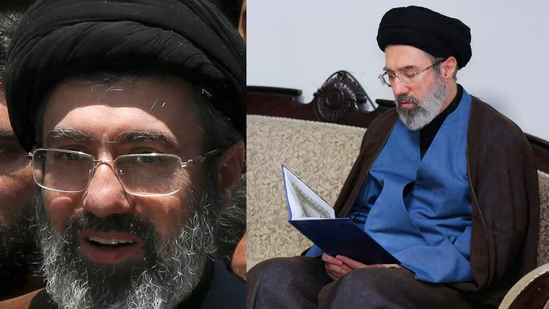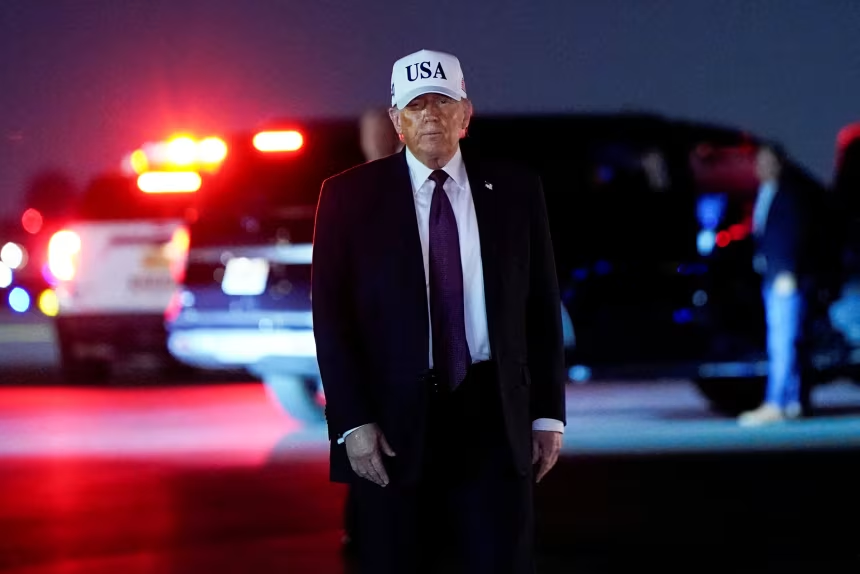Venezuelan President Nicolás Maduro declared on Thursday that there is “no way” the United States could invade his country, as tensions with Washington escalate amid the deployment of U.S. warships to the Southern Caribbean near Venezuelan waters. Speaking to troops at a military camp in Caracas, Maduro insisted that Venezuela was fully prepared to defend its sovereignty and territorial integrity. His comments came as the U.S. Navy expanded its presence in the region under what it calls an operation targeting Latin American drug cartels.
“There’s no way they can enter Venezuela,” Maduro said, addressing soldiers while observing large-scale exercises alongside Defense Minister Vladimir Padrino López and First Lady Cilia Flores. “Today, we are stronger than yesterday. Today, we are more prepared to defend peace, sovereignty, and territorial integrity.”
The statement followed Venezuela’s diplomatic move at the United Nations, where Ambassador Samuel Moncada met with Secretary-General António Guterres to protest the American military buildup. Moncada denounced the deployment of U.S. warships as “a massive propaganda operation” designed to justify what he described as “kinetic action” or potential military intervention. He mocked reports of a U.S. nuclear submarine in the Caribbean, saying it was “ridiculous” to claim such weapons were needed to fight drug trafficking.
Washington has long accused Maduro and members of his government of ties to cocaine trafficking, particularly through the so-called Cartel de los Soles, a network of senior Venezuelan officials allegedly involved in smuggling operations. The Trump administration has designated the group a terrorist organization and offered a $50 million reward for Maduro’s capture on drug-related charges. U.S. officials, speaking on condition of anonymity, confirmed that seven American warships and one nuclear-powered fast-attack submarine were in or heading to the region. They also reported that more than 4,500 U.S. service members, including around 2,200 Marines, were on board as part of the mission.
Venezuela has responded by bolstering its defenses. The government has deployed warships and drones to patrol its coastline and launched a campaign to recruit thousands of militia members to strengthen internal security. In addition, Caracas has stationed 15,000 troops along its border with Colombia to combat criminal groups and drug traffickers. Maduro further thanked Colombia for deploying an additional 25,000 military personnel to the shared frontier to address what both governments described as “narco-terrorist gangs.”
Despite the U.S. military maneuvers, Washington has made no official declaration of intent to invade Venezuela. American officials continue to frame the operation as a regional effort to counter drug cartels. However, Trump has repeatedly issued threats against Maduro’s government, which he accuses of enabling organized crime and destabilizing the region. Maduro, in turn, has argued that the United States is seeking regime change under the guise of counter-narcotics operations.
The Venezuelan leader maintains that his government poses no threat to any country and portrays the American build-up as an act of aggression aimed at undermining the nation’s sovereignty. “It’s clear that this is not about drug trafficking. This is about Venezuela’s independence,” Maduro told supporters. He vowed that his military forces, backed by civilian militias, would resist any external attempt to destabilize the country.
The standoff highlights a deepening geopolitical rift in the Americas. While Washington pressures Caracas through sanctions, military deployments, and diplomatic isolation, Venezuela continues to strengthen ties with allies such as Russia, China, and Iran, who have provided military and economic support. Analysts warn that the U.S. escalation risks fueling instability across the wider region, particularly along the Colombia-Venezuela border, where armed groups and smuggling networks operate freely.
For now, both sides appear entrenched. The U.S. Navy remains in the Caribbean, projecting power close to Venezuelan waters, while Maduro rallies his armed forces and accuses Washington of imperial ambition. The coming weeks will test whether the naval buildup remains a show of force or escalates into a direct confrontation that could further destabilize South America.

